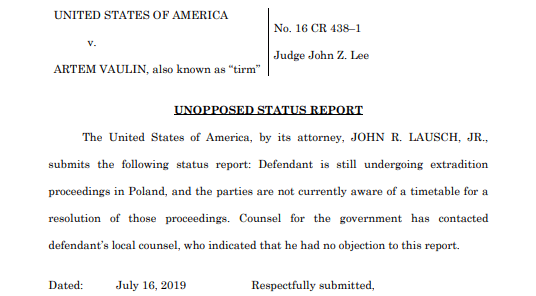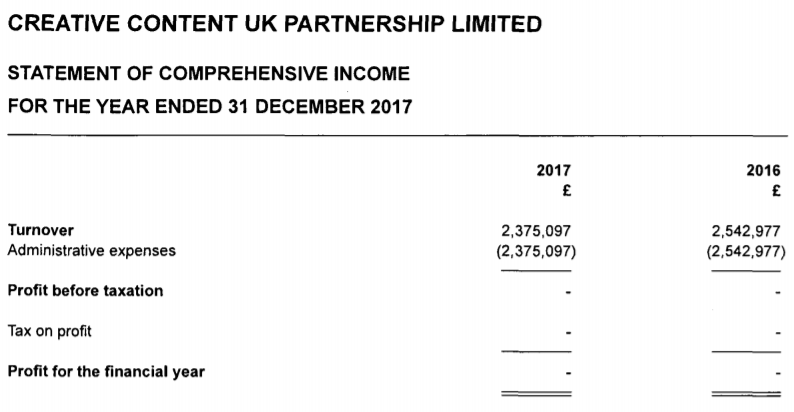Anyone with a technically-minded older relative happy to reminisce over their particular ‘golden age’ of motoring is likely to dwell for a moment on a particular train of thought.
Cars today are oversized computers, ones that are designed to be mechanically inaccessible to the regular Joe. Unlike their predecessors, elders argue, they often require specialist tools for repairs, adding that today’s vehicles are not made like they used to be.
Whether one agrees with these points is an individual matter, but it’s difficult to argue that in the face of rising technology, regular motorists are now less likely than ever to tackle even a basic oil change, previously the most simple of maintenance tasks.
In many respects, the same can be said of today’s consumer computing environments.
Enthusiasts of yesteryear had to be well-versed in languages like MS-DOS or BASIC simply to get by, which helped them to understand a great deal more about how their machines actually worked. Today’s graphical interfaces have all but demolished those barriers to entry, meaning there are now millions of people who class clicking icons as the height of ‘programming’ expertise.
For today’s casual pirates, this could be a ticking timebomb.
This week, Stan McCoy, President and Managing Director of the MPA in Europe, published an interesting piece titled “Piracy Went from Geeky to Easy. What’s Next?”
“[W]hile the makers innovate, so do the takers,” McCoy wrote.
“In the last 15 years, piracy went from geeky to easy. Transmission technologies improved with the advent of streaming, and delivery via new apps and devices bridged the divide between the PC and the living room.
“Today’s piracy has become a very different type of organized crime: more sophisticated, tech intensive, very elusive, and massive in scale. Where will it go next? Increasingly, industry antipiracy efforts are bending the trajectory from geeky, to easy, to … broken.”
McCoy’s argument goes as follows;
Piracy was once the realm of the technically minded but as technologies developed – pirate streaming sites, Kodi add-ons, dedicated apps, IPTV – it became very easy and more accessible to the masses. However, with numerous anti-piracy initiatives underway, piracy is more easily broken.
Add-ons suddenly fail, app creators and their tools ‘mysteriously’ disappear, IPTV platforms become less reliable. In this new and somewhat dumbed-down piracy world, access can be switched off in an instant, sometimes by hitting just one component in a system.
At this point, the more seasoned pirate will argue that none of these things present a problem for them. Add-ons can be reconfigured, new sites pop up to replace the last, new app makers fill in the gaps, and so on and so forth. Which, generally speaking, is correct. However, for the less well informed, these things are much more of a headache.
Casual pirates – the friend or colleague who bought a “loaded Firestick” off Craigslist or eBay – make up a huge proportion of today’s pirating masses. And the vast majority haven’t a clue how anything really works. To cite McCoy, “95 percent of TV piracy is driven by purpose-built set-top boxes.”
Of course, this doesn’t mean that 100% of these boxes are owned by tech-illiterates, far from it. However, it seems very likely that the screaming majority have little to no idea how their device works, or what to do when it all goes wrong. The ‘blame’ for this can be placed squarely at the feet of technology and plug-and-play culture.
As piracy has grown more sophisticated, partly due to evolution and partly due to anti-piracy measures, much of the brainpower has become entrenched behind the scenes. Like the people who fix modern cars using a laptop and a ‘black magic’ cable, many pirates rely completely on the wizardry of a tiny minority to get them out of a jam.
To put it another way, Joe Public’s ability to carry out the equivalent of a simple oil change is being lost, largely due to pirated content being presented to them as a sophisticated pre-cooked meal on a plate, made using a recipe that few know about or even care to understand.
To an extent, piracy has always been like this. In general terms, the brains have always been at the top while those at the bottom take what’s available. That said, today’s prevalence of “click-and-get” apps and services means that few have the motivation to learn anything technical while those that do can run into trouble.
Thanks to pirate sites and apps being downranking and removed from search results (sometimes after a lawsuit), combined with the opportunism of the malicious-minded, it’s now harder than ever for the novice to separate the wheat from the chaff.
“Try looking for alternatives on a search engine and you’re more likely than ever to get malware and clickbait sites posing as pirates. Are you feeling lucky?” McCoy asked this week.
While the more technically advanced will dismiss the above paragraph as scare tactics, McCoy’s comments can hold true for the casual user. It’s becoming a minefield out there for novices and unless people take the time to study and do their own research, bad things always have the potential to happen.
It will probably take many more years for the piracy ‘brain drain’ to show its full effects but the popularity and ease of today’s ultra-simple and feature-rich pirate apps and services could potentially end up as a positive for entertainment companies.
Will the casual pirating masses spend days, months or years learning how to do piracy the ‘old school’ way when things go pear-shaped, or dump a few dollars a month into a couple of legal services and get the headaches over and done with?
As usual, time will tell.
Source: TF, for the latest info on copyright, file-sharing, torrent sites and more. We also have VPN reviews, discounts, offers and coupons.

 On July 20th, 2016, exactly three years ago today, the torrent community was in dire straits.
On July 20th, 2016, exactly three years ago today, the torrent community was in dire straits.

 After the music industry complained about YouTube stream-rippers for many years, the streaming service took a drastic measure last week.
After the music industry complained about YouTube stream-rippers for many years, the streaming service took a drastic measure last week.


